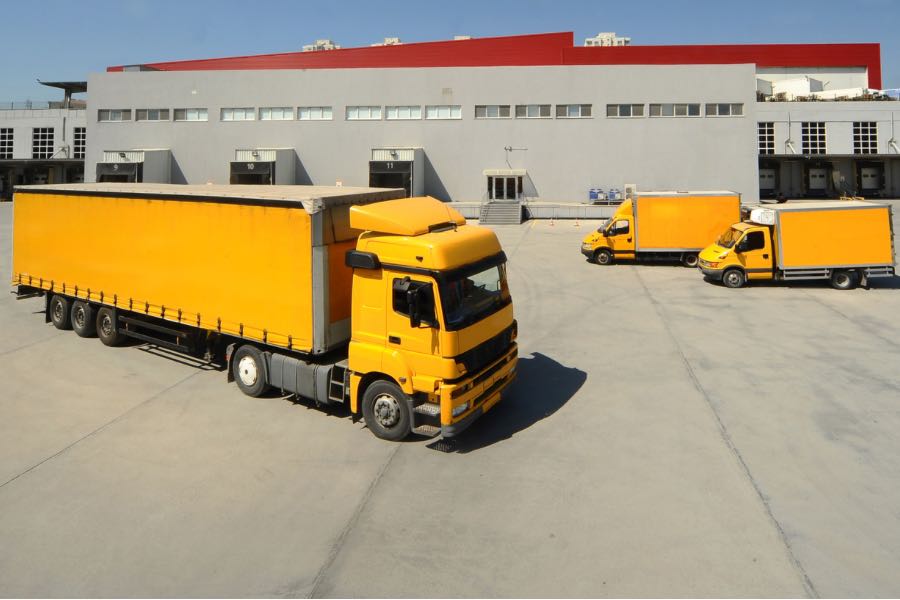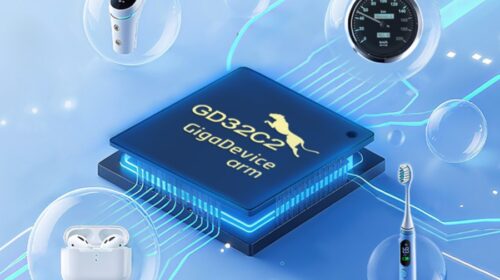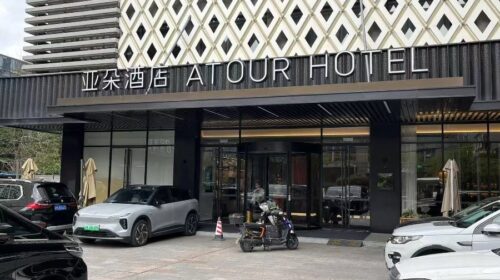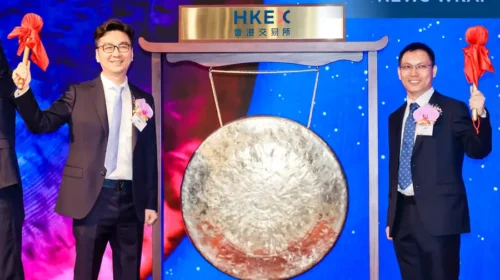TuSimple Nearing End of the Road With Economic Espionage Allegations?

The U.S. national security regulator has reportedly asked the Justice Department to investigate the autonomous trucking startup’s co-founders for economic espionage
Key Takeaways:
- TuSimple’s two co-founders and another top executive could be investigated for illegal dealings with a related company in China, according to a media report
- The company needs to cut its ties with the Chinese firm, Hydron Inc., and sell its own China operations to salvage its frayed relationship with the U.S. national security regulator
By Doug Young
Once an investor darling, autonomous trucking company TuSimple Holdings Inc. (TSP.US) has driven into a new development lane with the latest report that the U.S. national security regulator is pursuing criminal charges against the company’s three top officials. The revelation marks the latest setback for a company that was once considered frontrunner in the race to bring self-driving trucks to the lucrative U.S. market.
TuSimple’s troubles all stem from a single allegation that emerged last November, involving the improper and possibly illegal transfer of technology to another China-based trucking company with strong connections to its founding team. TuSimple has provided an explanation for those transfers, which looks reasonable, though it took a while to provide the information.
But the action raised red flags on the company’s board, which said it was unaware of the interaction between the two companies and responded by firing TuSimple’s co-founder and top executive Hou Xiaodi last November. The revelations also raised red flags at the U.S. national security regulator, the Committee on Foreign Investment in the United States (CFIUS), which has been wary of TuSimple for a while due to its Chinese roots and large operation in China.
The company has large operations in both the U.S. and China, though its U.S. business is more advanced in the company’s drive to bring its autonomous truck technology to both countries.
TuSimple has been in a state of turmoil since last November, with its stock losing more than half its value since then. Its price-to-book (P/B) ratio now stands at a lowly 0.53, below rivals Aurora Innovation (AUR.US) and Embark Technology (EMBK.US), with ratios of 1.10 and 0.74, respectively. That contrasts sharply with the end of 2021, when TuSimple’s P/B was more than 5 times, putting it well ahead of the other two companies.
All that said, we’ll take a look at the latest revelations that show why TuSimple is rapidly losing momentum in the race to be first to commercialize its autonomous trucking technology. CFIUS has recommended that the U.S. Justice Department consider economic espionage charges against the company’s two co-founders, Chen Mo and Hou Xiaodi, along with CEO Lu Cheng, according to a Wall Street Journal report last week, citing unnamed sources.
A TuSimple spokeswoman said CFIUS hadn’t raised any concerns with the company about the potential for economic espionage allegations, and added it continues to work with the government agency to allay its concerns.
CFIUS actually made its recommendation late last year, the Journal reported, most likely after all the turmoil began. The Justice Department declined to comment. But given all the concerns involving data security between the U.S. and China these days, combined with the pressure on government agencies to be “tough on China,” we wouldn’t be surprised if the Justice Department decides to launch its own investigation.
Such a development could mark the beginning of the end for TuSimple, or at least its U.S. operations, since it would be difficult for the company to continue developing its technology in the U.S. if economic espionage charges are filed. Perhaps sensing that, truck maker Navistar scrapped its co-development deal with TuSimple back in December.
Insider dealing
All the controversy in this “trucking tale” stems from a company called Hydron Inc. TuSimple’s board announced it had fired co-founder Hou, who was serving as chairman, CEO and CTO, in November after discovering he had been working with Hydron without informing the board. Hydron was founded and run by TuSimple’s other co-founder Chen Mo, who at one time had been TuSimple’s chairman before leaving the company to start Hydron.
Hou denied any wrongdoing, and later teamed up with Chen Mo to use their controlling voting power at the company to fire the entire board. Not much was said at the time about what Hydron did, except that it was a trucking company.
But the Journal report says that Hydron is, in fact, a maker of hydrogen-powered trucks, which would explain why TuSimple was working with the company. Beijing has been a strong supporter of such hydrogen-powered vehicle technology, so it would certainly make sense to set up such a company in China to take advantage of government incentives.
Such truck makers and operators, which included Navistar and the company’s other partners like UPS (UPS.US), would be critical for the company’s future success, since they would need to install and use its technology in their vehicles. But from a corporate governance perspective, the way TuSimple’s founders set up Hydron and then began their cooperation with it, all without informing the TuSimple’s board, is certainly unethical and quite possibly illegal.
What’s more, the move hardly looks too prudent due to all the U.S. national security concerns, since Hydron is based in China where it is exposed to potential interference by local regulators. Such concerns had already led TuSimple to start shopping its Chinese operation to potential buyers last year in a bid to ease concerns by CFIUS.
No such deal was ever announced, though it’s still quite possible TuSimple will sell the unit as it tries to salvage its relationship with CFIUS and save its U.S. business. Reports last year said TuSimple was trying to sell the unit for about $1 billion.
That leads into a discussion of TuSimple’s cash situation, and whether the latest setbacks could lead to a cash crunch. In a word, the answer is a relatively definitive “no.” The company had about $1 billion in cash at the end of the third quarter, and if it sells the China division that figure could grow by another $500 million to $1 billion, depending on the price.
At the same time, TuSimple doesn’t require too much cash to operate. The company said it spent just $79 million in cash during the third quarter, meaning its current cash pile, even without a sale of its China operations, is enough to last for the next three years. What’s more, TuSimple announced in December it was laying off one-quarter of its workforce, which will further reduce its costs.
The bottom line is that cash is unlikely to be an issue for TuSimple anytime soon. The much bigger issue will be sorting out its relationship with Hydron, which probably means severing its ties with the company, and selling off its China division. Both moves will probably be necessary for the company to have any chance at saving its relationship with CFIUS, and avoiding economic espionage charges.
To subscribe to Bamboo Works free weekly newsletter, click here






